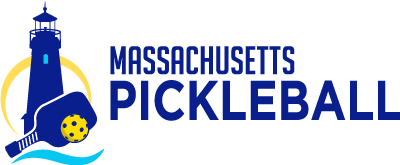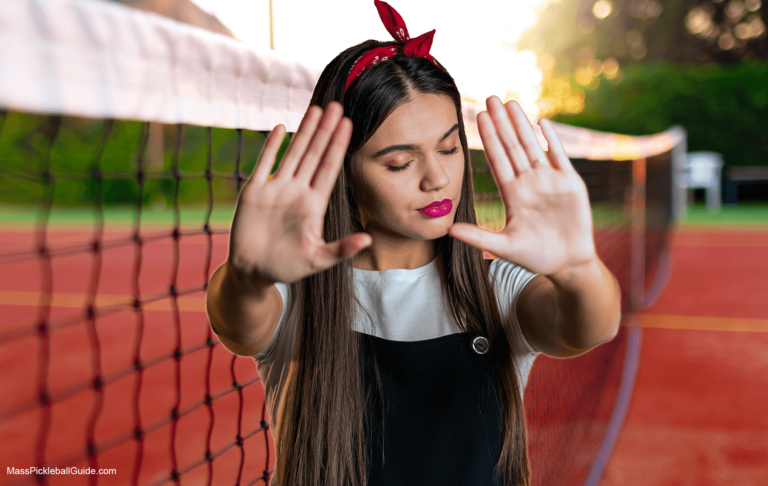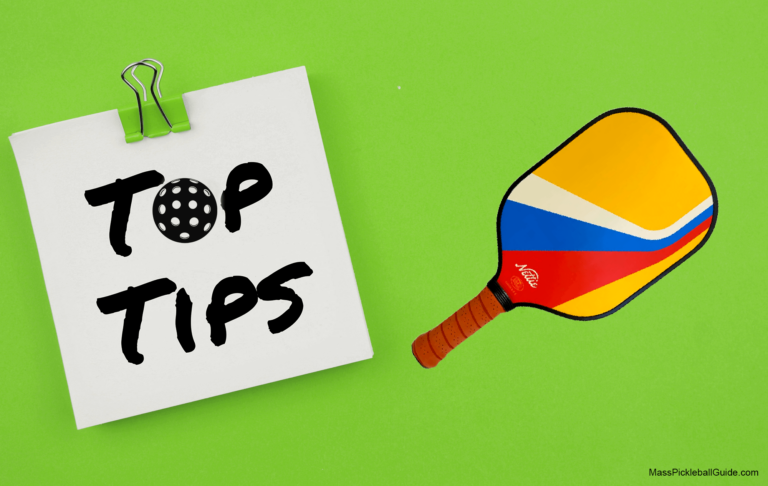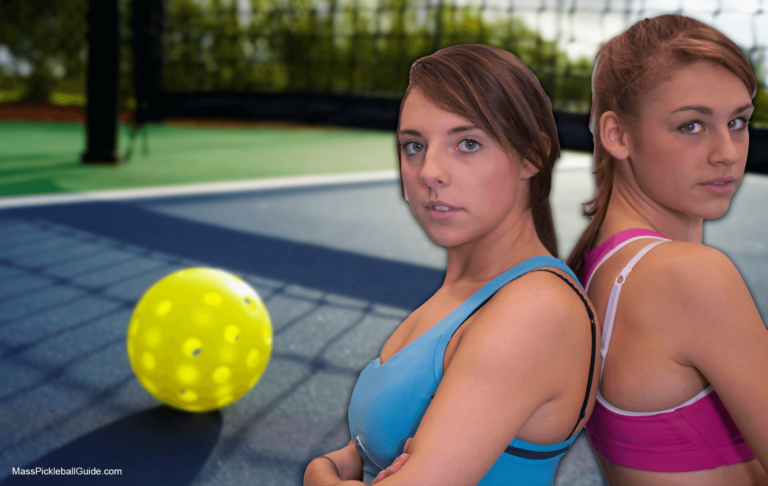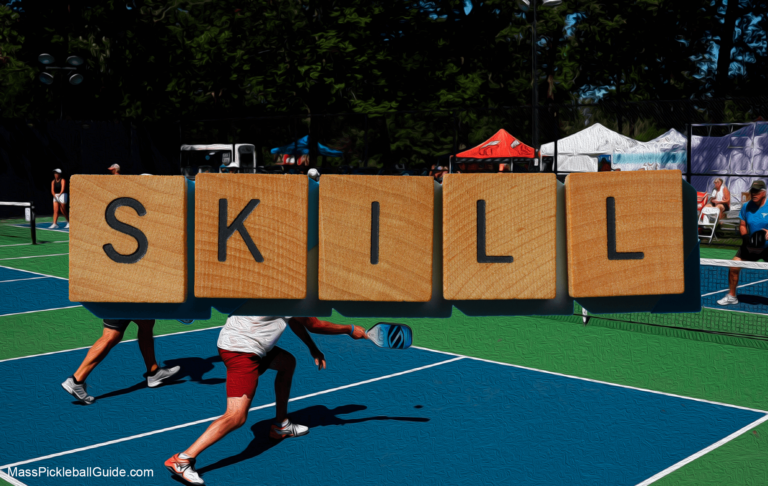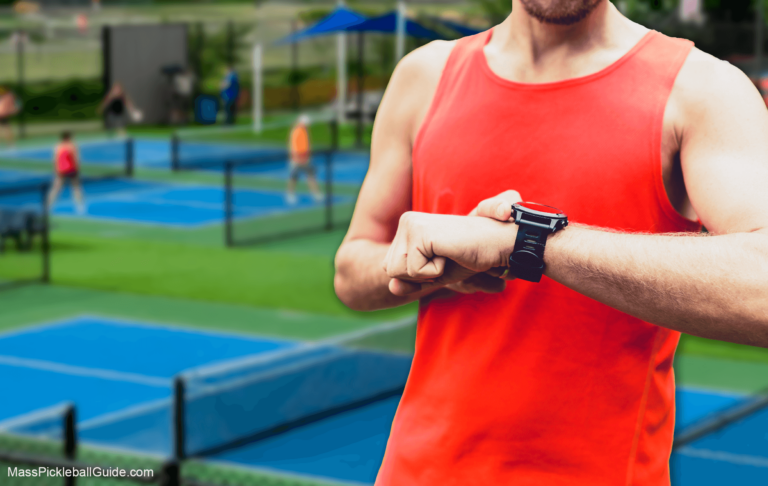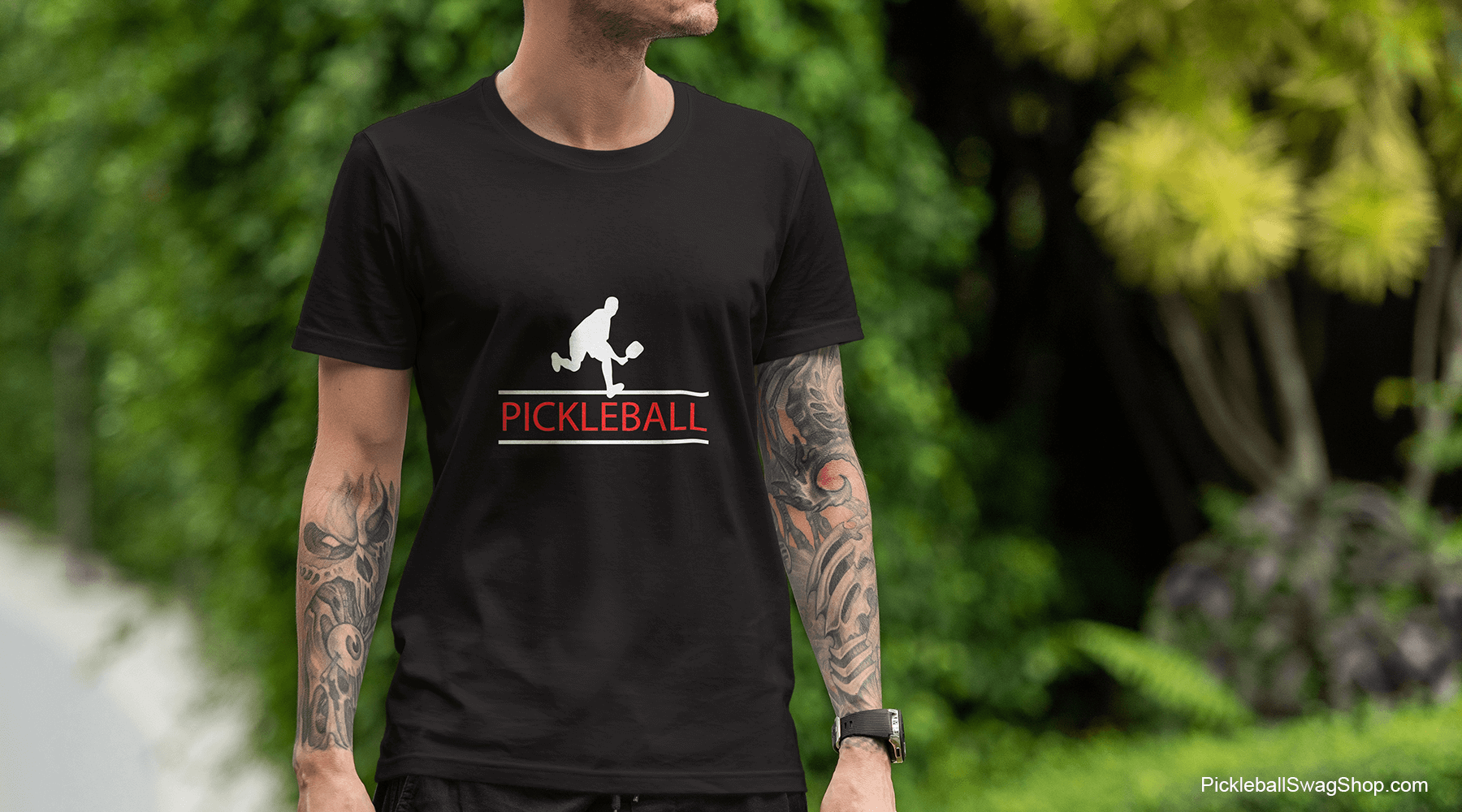Techniques for Preparing Mentally Before a Pickleball Game
are you in or out?
In pickleball, sharpening your mental focus is as crucial as perfecting your physical game. While players often emphasize physical training, mastering the mental aspects can be the game-changer you need.
This article dives into essential mental preparation techniques, from visualization to positive self-talk, equipping you with strategies to shift from uncertainty to confident control on the court. Mental training can transform your pickleball performance, giving you the edge to outmaneuver and outplay opponents. And, besides, you may have more fun!
The Importance of Mental Preparation
In pickleball, mental preparation is as vital as mastering the serve with confidence. The mind, like any muscle in the body, needs training to enhance performance. The right mindset not only boosts your confidence but also prepares you to handle the pressures of the game effectively.
REMEMBER
A focused mind leads to a winning game.
Mental Techniques for Enhanced Pickleball Focus
- Visualization: Imagine the perfect shot! Visualization, or mental imagery, is about creating a mental image of success. By visualizing successful plays and techniques, you’re training your brain to anticipate and execute these moves in actual gameplay. This mental rehearsal is more than daydreaming; it’s a strategic tool to sharpen your reflexes and decision-making skills.
- Positive Self-Talk: Words have power. Engage in self-talk and positive affirmations to build a positive mindset. Replace negative thoughts with constructive ones. It’s not just about telling yourself you’re doing great; it’s about reinforcing belief in your skills and strategies.
- Pre-Point Routines: Establish a routine before each point. This could involve a specific physical action, a breathing exercise, or a mental affirmation. Pre-point routines help in centering your focus and preparing you for the next play.
- Deep Breathing: Don’t underestimate the power of breathing. Deep breathing is a relaxation technique that helps in reducing stress and maintaining calmness. It’s crucial to practice breathing exercises to manage in-game pressure.
The Role of Distractions
In the heat of the game, distractions are your biggest enemy. Staying focused is not just about mental strength; it’s about eliminating any external or internal distractions that can throw you off your game.
| Distraction Type | Management Strategy |
|---|---|
| External Noises | Use earplugs or focus on the sound of the ball |
| Opponent’s Tactics | Focus on your game plan, not their actions |
| Personal Stress | Practice mindfulness to keep personal issues off the court |
By understanding and managing these distractions, you keep your mind clear and focused on your goals — both short-term goals for the game and long-term objectives for your pickleball journey.
Building a Winning Mindset in Pickleball
Harnessing the Power of Mental Imagery
Mental imagery, a crucial form of visualization, plays a significant role in preparing mentally for pickleball.
This technique involves creating vivid, detailed images in your mind of desired outcomes in the game. It’s an immersive process where you not only see but also feel and experience the game in your mind’s eye. This mental rehearsal can improve your physical performance by preparing your brain for actual gameplay. Regular practice of closing your eyes, visualizing yourself executing perfect shots and strategies, and feeling the sensations associated with these actions, like the grip of the paddle and the movement of your body, is integral to this method. Including this exercise in your pre-match preparation helps in mentally equipping yourself for the challenges on the court.
Embracing Positive Self-Talk for Confidence
The internal dialogue you maintain can significantly impact your performance in pickleball.

Engaging in positive self-talk is about reinforcing your self-confidence and combating any negative thoughts that may arise. This approach involves reminding yourself of your skills and past successes, and using motivational phrases like “I can do this” or “I am prepared” to bolster your mindset. Acknowledging mistakes as learning opportunities, as highlighted in “deadly pickleball sins”, is also a part of this positive self-dialogue. Such a strategy ensures that your mind remains your ally, empowering you to overcome in-game challenges and maintain a positive attitude.
Acknowledge mistakes as learning opportunities, as discussed in deadly pickleball sins.
Developing a Strong Pre-Point Routine
A pre-point routine is a set of actions you perform before each point, which helps in focusing your mind and calming your nerves.
This routine can be a combination of physical movements, mental affirmations, and breathing techniques.
| Component | Description | Example |
|---|---|---|
| Physical Movement | A consistent physical action to signal readiness. | Bouncing the ball, adjusting grip. |
| Mental Affirmation | Positive statement to boost confidence. | “I’m focused, I’m ready.” |
| Breathing Exercise | Controlled breathing to calm nerves. | Deep breaths, focusing on the rhythm. |
By following a personalized pre-point routine, you can significantly improve your focus and performance on the court. It’s a way of telling your brain, “It’s game time.”
Mastering Stress Management in Pickleball
Managing stress is essential for achieving peak performance in pickleball.
It’s not just about staying calm; it’s about using nervous energy to your advantage. Recognizing the signs of stress, such as an increased heart rate or tension, is the first step. Employing deep breathing exercises can help maintain composure during intense moments. Focusing on the present moment, rather than fixating on the match’s outcome, can keep you grounded. Moreover, learning from setbacks and using them to improve your game is a powerful way to develop mental toughness. Embracing these challenges turns each game into an opportunity to strengthen your mental resilience.
The Role of Body Language in Mental Game
Your body language on the court speaks volumes about your mental state. Confident posture and positive body language can not only intimidate your opponents but also boost your own self-confidence.
Tips for Positive Body Language:
By consciously adopting positive body language, you reinforce a winning mindset, crucial in the mental game of pickleball.
Conclusion: Integrating Mental Techniques into Your Game
Mental preparation in pickleball is not an overnight transformation. It requires dedication, practice, and patience. Incorporate these techniques into your routine, and over time, you’ll find yourself more focused, confident, and in control during your matches.
Remember, the mental side of pickleball is just as important as the physical. By focusing on visualization, positive self-talk, pre-point routines, stress management, and body language, you set yourself up for success on the court.
As you continue to improve your mental game, revisit our essential guides, such as the 7 rules of pickleball everyone forgets and waiting pickleball court rules to keep your skills sharp and your knowledge up-to-date.
